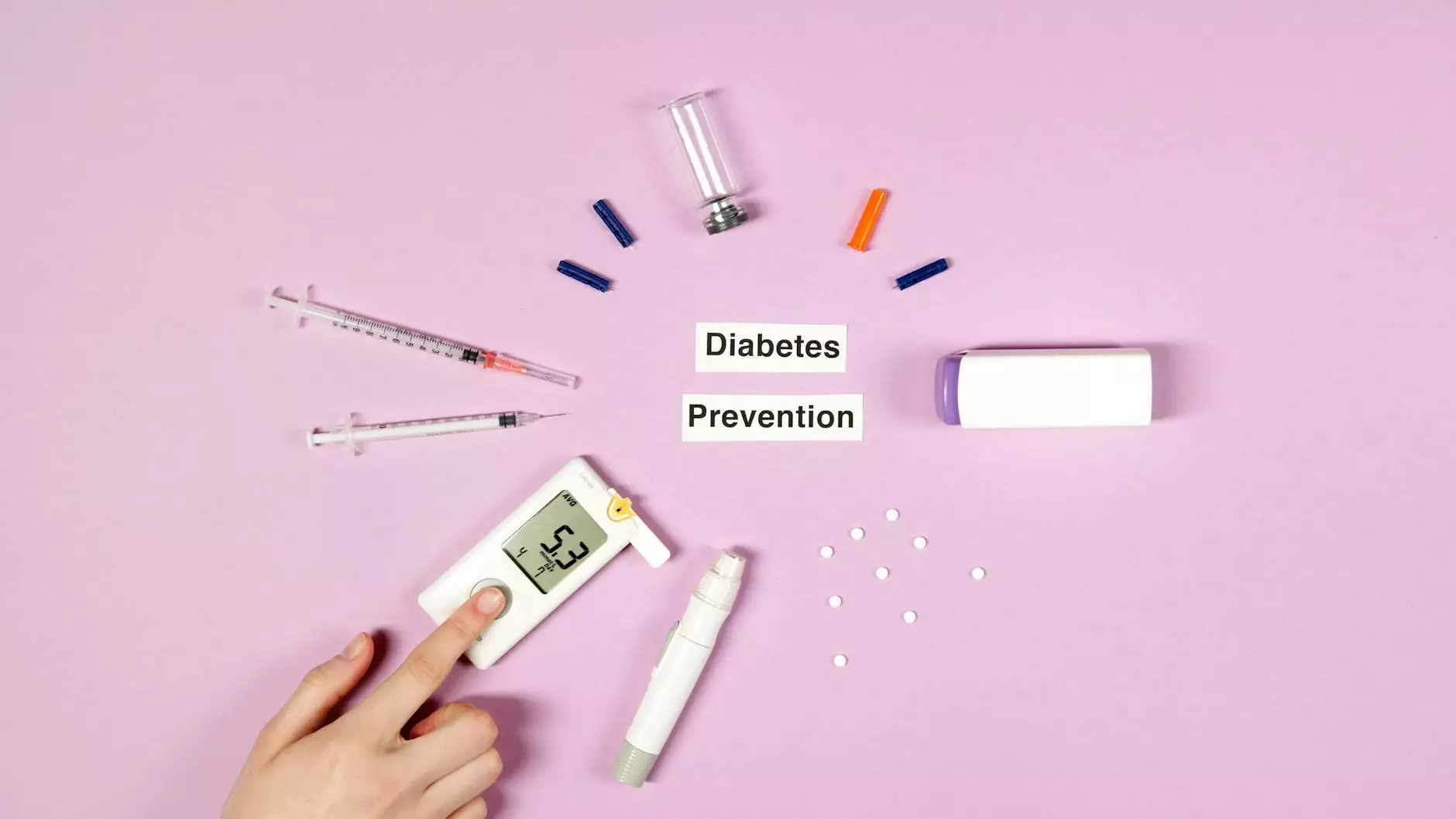What Can Cause Scabs in the Nose?
Services
Introduction
Are you experiencing scabs in your nose and wondering what might be causing them? You've come to the right place! At Benjamin Shettell, MD, your health is our top priority. In this comprehensive guide, we will discuss the various factors that can lead to scabs in the nose and provide insights on how to treat them effectively.
Understanding Scabs in the Nose
Scabs in the nose can be both uncomfortable and concerning. They may cause pain, itching, and even nosebleeds. While there can be different reasons behind their occurrence, understanding the common causes can help you seek the appropriate treatment options.
Nasal Dryness
Dry air, especially during winter months or in arid climates, can cause the inside of your nose to become dry and irritated. This dryness can lead to the formation of scabs. Using a humidifier, drinking plenty of water, and applying a gentle saline nasal spray can help alleviate symptoms and prevent scabs from forming.
Nasal Allergies
Allergic rhinitis, also known as hay fever, can trigger inflammation in the nasal passages. This inflammation may result in excessive production of mucus that can dry up and form scabs. Identifying and avoiding allergens, along with over-the-counter or prescription allergy medications, can provide relief from both allergy symptoms and scabs in the nose.
Nasal Infections
Nasal infections, such as sinusitis or common cold, can cause inflammation, congestion, and the production of thick mucus. When this mucus dries up, it can form scabs inside the nostrils. Treating the underlying infection with antibiotics, nasal irrigations, and warm compresses can promote healing and reduce scab formation.
Nasal Trauma
If you've recently experienced nasal trauma, such as a facial injury or a nose-picking incident, scabs may develop as a part of the healing process. It's important to avoid picking at or removing the scabs forcefully, as this can lead to further injury or delayed healing. Gentle cleansing and the application of a nasal ointment can aid in the healing process.
Treating and Preventing Scabs in the Nose
While addressing the underlying cause is crucial, certain general measures can help in the treatment and prevention of scabs in the nose:
Proper Nasal Hygiene
Practicing good nasal hygiene can play a significant role in preventing and reducing scabs. This includes gently cleaning the inside of your nose with saline solutions or nasal sprays, being cautious while blowing your nose, and avoiding excessive nose-picking.
Moisturizing Nasal Passages
Keeping your nasal passages moist can help prevent dryness and subsequent scab formation. Applying a thin layer of petroleum jelly inside the nostrils or using over-the-counter saline gels can provide the necessary moisture and alleviate discomfort.
Identifying and Avoiding Triggers
If your scabs are related to allergies, identifying and avoiding allergens can significantly improve your symptoms. This may involve steering clear of certain foods, pollen, dust mites, or pet dander. It can be helpful to consult with an allergist to conduct tests to determine your specific triggers.
Seeking Expert Medical Advice
If you are experiencing persistent or severe scabs in your nose, it is important to seek medical advice from a trusted professional like Benjamin Shettell, MD. A thorough evaluation will help in determining the underlying cause of your symptoms and ensure appropriate treatment options tailored to your specific needs.
Contact Benjamin Shettell, MD
At Benjamin Shettell, MD, we provide compassionate and comprehensive care. Our team of experts is dedicated to ensuring your well-being. Schedule an appointment today to get the expert guidance you need in managing your nasal health and finding long-lasting solutions for scabs in the nose.
Conclusion
Scabs in the nose can be bothersome, but with the right knowledge and proactive measures, you can find relief. By understanding the potential causes, implementing good nasal hygiene practices, and seeking assistance from a trusted healthcare professional like Benjamin Shettell, MD, you can achieve optimal nasal health and improve your overall well-being.



